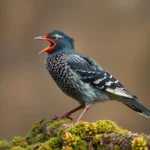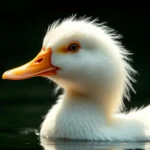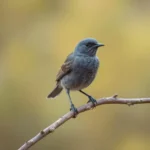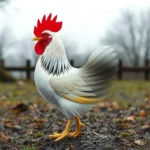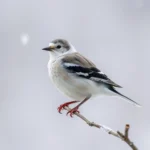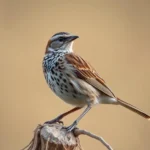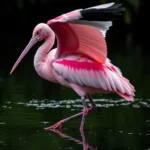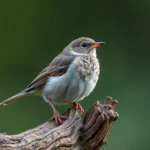The Red Headed Vulture: A Deep Dive into Its Symbolism and Spiritual Significance
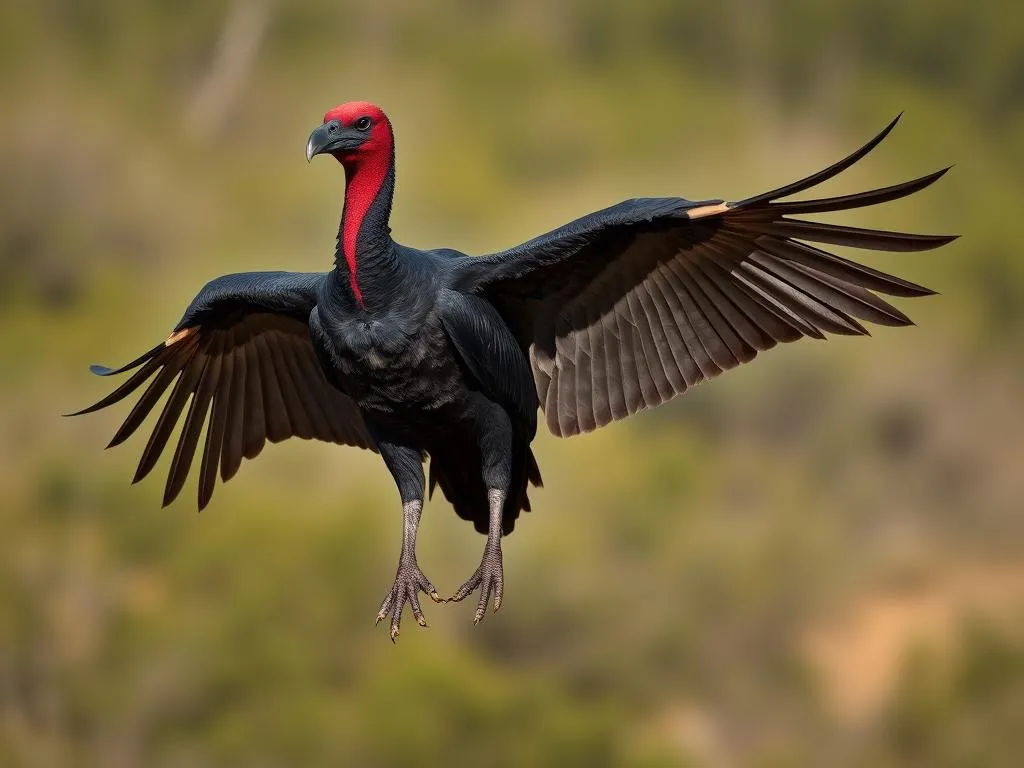
Disclaimer: Some images on this website are AI-generated artworks and may not accurately represent real animals.
The red-headed vulture is not just a remarkable bird but also a profound symbol deeply rooted in culture and spirituality. Understanding its symbolism and meaning can provide insights into life, death, and the intricate balance of nature.
Understanding the Red Headed Vulture
Physical Characteristics
The red-headed vulture (Sarcogyps calvus) is a striking bird that captures attention with its unique features. Below is a detailed overview of its physical traits:
| Characteristic | Description |
|---|---|
| Plumage | Dark brown or black feathers |
| Head Coloration | Bright red skin without feathers |
| Beak | Strong and hooked for tearing flesh |
| Wingspan | Approximately 2.5 meters (8.2 feet) |
| Size | Medium to large (weighing 4-5 kg) |
The red-headed vulture primarily inhabits open grasslands, scrub forests, and areas near water bodies in the Indian subcontinent, Southeast Asia, and parts of Africa. They thrive in regions where they can easily locate carrion, as this forms the bulk of their diet.
Behavior and Diet
The feeding habits of the red-headed vulture are fascinating. They primarily scavenge for carrion, utilizing their keen eyesight to spot dead animals from great distances. Their diet mainly consists of:
- Dead livestock
- Roadkill
- Other carrion in their habitat
Vultures, including the red-headed vulture, play a crucial role in the ecosystem. By consuming dead animals, they help prevent the spread of diseases and maintain ecological balance. Their scavenging ensures that nature’s waste is recycled efficiently, which is vital for a healthy environment.
Cultural Significance
Throughout history, vultures have held various meanings in different cultures. Many societies view them with a mixture of reverence and fear. In ancient Egypt, for instance, vultures were associated with protection and motherhood, symbolizing the nurturing aspect of death. They were often depicted in art and mythology as guardians of the afterlife.
Myths and legends surrounding the red-headed vulture often portray it as a creature of transformation. In some cultures, it is believed that these birds guide souls to the afterlife, emphasizing their connection to death and rebirth.
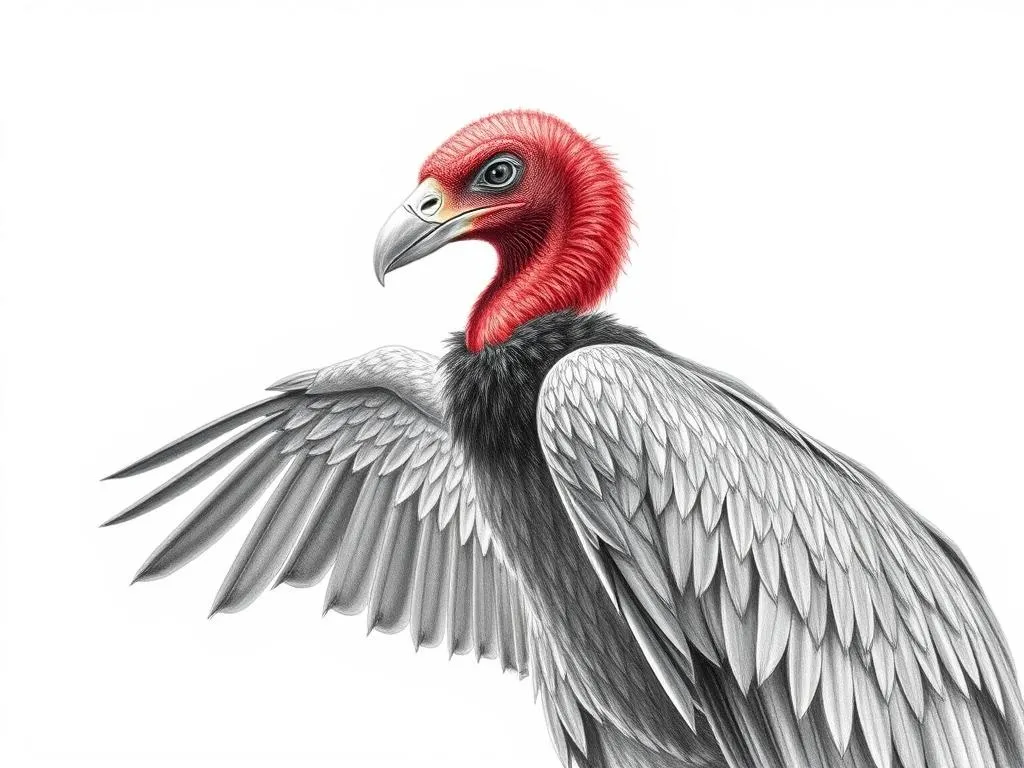
Symbolism & Spiritual Meaning
Transformation and Renewal
One of the most profound aspects of the red-headed vulture’s symbolism is its association with transformation and renewal. Vultures embody the cycle of life, death, and rebirth, reminding us that death is not an end but a transition. They symbolize the idea that from decay and destruction, new life can emerge.
In many spiritual practices, vultures are seen as symbols of hope, encouraging individuals to embrace change and transformation in their lives. Their presence serves as a reminder that letting go of the old can lead to new beginnings.
Cleansing and Purification
The role of the red-headed vulture extends beyond mere scavenging; they are nature’s cleaners. By feeding on carrion, they fulfill a critical ecological role, ensuring that the environment remains clean and balanced. This cleansing aspect is also symbolic of purification.
In spiritual terms, vultures represent the need to release negativity and toxicity from one’s life. They encourage individuals to engage in self-reflection, cleansing their emotional and spiritual baggage to make way for new experiences and growth.
Wisdom and Insight
The red-headed vulture is often associated with wisdom and insight, primarily due to its exceptional vision. These birds can spot carrion from miles away, symbolizing the ability to see beyond superficial appearances and into the core of situations.
In many spiritual traditions, this keen sight is linked to higher awareness and intuition. The red-headed vulture encourages individuals to tap into their inner wisdom, urging them to trust their instincts and seek deeper truths.
The Red Headed Vulture in Dreams
Dream Interpretations
Dreams involving vultures can carry significant meanings. Here are some common themes associated with dreaming about the red-headed vulture:
| Dream Theme | Interpretation |
|---|---|
| Transformation | Change or transition in your life |
| Cleansing | Need to let go of past burdens |
| Insight | Gaining clarity on a situation |
| Death | Symbol of endings leading to new beginnings |
When the red-headed vulture appears in your dreams, it often signifies that you are undergoing a period of transformation. This might involve letting go of unhealthy relationships, jobs, or habits that no longer serve you.
Messages from the Spirit Realm
In many cultures, vultures are revered as messengers from the spirit realm. Seeing a red-headed vulture in your dreams may indicate that you are being guided through a personal transformation. This bird’s presence encourages you to embrace the changes happening in your life and to trust the process of healing.
The red-headed vulture’s symbolism in dreams serves as a reminder that endings can lead to new beginnings, urging you to seek clarity and understanding in your waking life.
Modern Interpretations
Environmental Symbolism
In today’s world, the red-headed vulture symbolizes ecological balance and conservation efforts. As these birds face numerous threats, including habitat loss and poisoning, their decline serves as a wake-up call for environmental awareness.
Conservationists emphasize the importance of protecting vultures and their habitats, highlighting their role in maintaining healthy ecosystems. The plight of the red-headed vulture has led to increased efforts in wildlife conservation, advocating for the protection of these essential scavengers.
Cultural Representation
The red-headed vulture has also made its way into contemporary art, literature, and media. Artists often use the bird to symbolize themes of death, transformation, and the beauty of decay. Literature may portray vultures as misunderstood creatures, inviting readers to rethink their perceptions of these remarkable birds.
In movies and television, the red-headed vulture often represents resilience and survival, showcasing its vital role in nature while challenging societal stereotypes about vultures as mere harbingers of death.
Personal Empowerment
Embracing the qualities of the red-headed vulture can lead to personal empowerment. By recognizing the bird’s symbolism of transformation and renewal, individuals can learn to navigate their challenges with resilience and strength.
The red-headed vulture encourages people to rise above difficulties and to view obstacles as opportunities for growth. By adopting the vulture’s perspective, individuals can foster a deeper understanding of their life’s journey and its inherent cycles.
Key Takeaways
- The red-headed vulture symbolizes transformation, reminding us of the cycle of life and death.
- Vultures play a crucial role in cleansing the environment and maintaining ecological balance.
- They represent wisdom and insight, encouraging individuals to trust their intuition.
- Dreaming of the red-headed vulture may signify personal transformation and the need to let go of negativity.
- The decline of vultures highlights the importance of conservation and environmental awareness.
- Contemporary culture often portrays vultures as symbols of resilience and misunderstood beauty.
Conclusion
The red-headed vulture holds enduring significance in various aspects of life, from its ecological importance to its rich symbolism in culture and spirituality. Understanding its meanings can offer valuable insights into our own lives, encouraging us to embrace transformation and to reflect on the cycles of existence.
As we explore our personal connections to this powerful bird and its symbolism, we can learn to appreciate the beauty of life’s transitions and the wisdom found in nature. The red-headed vulture serves as a reminder that within the cycle of life, death, and rebirth, there lies hope, renewal, and the promise of new beginnings.
